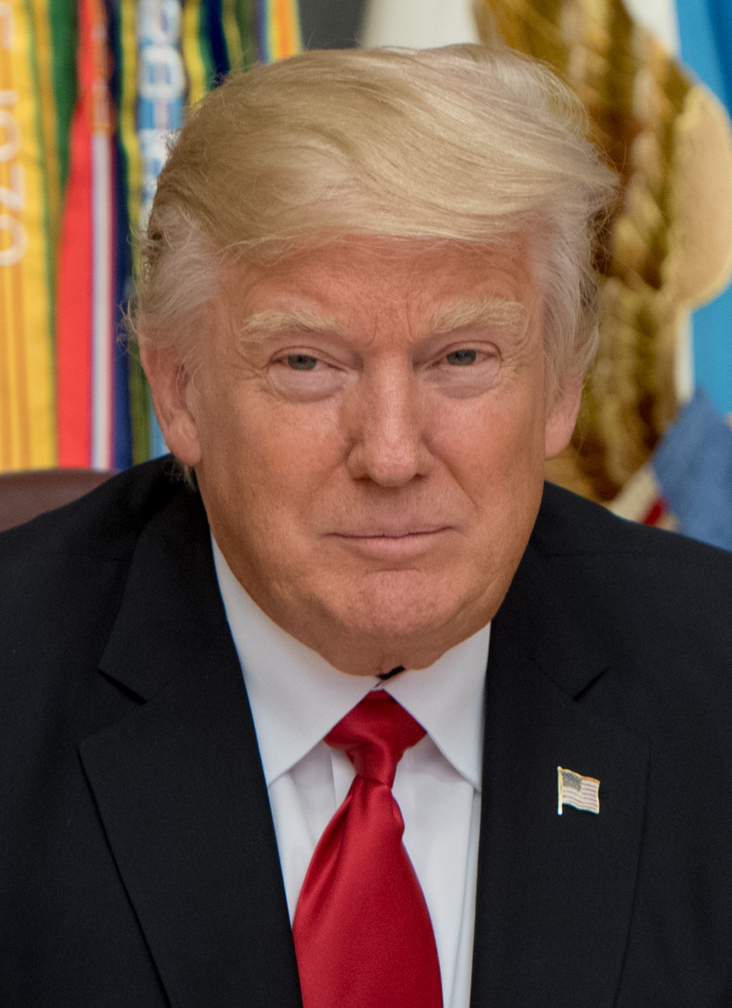By Peter Roff • RealClearPolitics
The relationship with Kuwait should be one of the United States’ strongest, but it is starting to fray. There’s still time to set it right, and the Kuwaiti Emir’s visit to Washington last week was a good start. Meanwhile, however, investors remain on edge, as they have been ever since officials in this Gulf state froze millions of dollars in American and international assets without any clear explanation.
Candidly, there’s a lot going on in Kuwait that’s suspect. The regime seems to be cozying up to Iran and China, officials have made remarks about Israel that are just short of incendiary, and corruption surrounding the delivery of supplies to U.S. troops stationed there has been highly disruptive. Americans, it seems to me, have the right to expect better from those whom they saved by leading an international intervention after their country was invaded by Saddam Hussein.
It seems instead that much has changed since President Donald Trump hosted Sheikh Sabah Al-Ahmad Al-Sabah last year and hailed the countries’ bilateral relationship, calling it as strong as it had ever been. Indeed, the country continues to be a key regional security partner with 20,000 U.S. troops stationed there.
Recently though, officials in the Kuwaiti government seem to have gone to great lengths to offend America’s allies and get close to our adversaries. Their outspoken defense of the Palestinians inside the U.N. Security Council has undermined the White House’s effort to make peace and has caused problems for Israel. The United States was even forced to veto a Kuwaiti-drafted resolution calling for the protection of Palestinians in the West Bank and Gaza.
In the aftermath of that debacle, presidential son-in-law and regional troubleshooter Jared Kushner called for a meeting with Kuwait’s Ambassador in Washington, Sheikh Salem Abdullah Al-Jaber Al-Sabah, to express how harmful his country’s effort had been to the pursuit of regional peace.
Things are worse on the trade front. Just as Trump announced sanctions on $200 billion-worth of Chinese exports as punishment for that country’s unfair trading practices, the Emir traveled to Beijing to close a deal establishing a new strategic partnership and to hobnob with Chinese President Xi Jingping.
Meanwhile, the predominantly Sunni Islam states of Saudi Arabia, Bahrain, and the United Arab Emirates stood firmly behind the president when he withdrew from the Iranian nuclear deal and threatened more sanctions. Kuwait, however, remained tight-lipped and continues to play footsy with the mullahs.
Even in the minutiae of everyday operations, Kuwait’s actions are erratic. Increasingly frequent reports suggest that Kuwaiti officials are abusing their authority at the cost of U.S. taxpayers and investors. The head of the Kuwait PortAuthority, the body that largely controls the country’s main ports, illegally blacklisted a U.S. contractor called KGL from loading and unloading supplies destined for U.S. troops. This direct interference continued even after Kuwaiti courts found in favor of the contractor.
The problems getting the goods delivered and the subsequent court action forced the U.S. Department of Defense to reopen the bidding process and could end up costing U.S. taxpayers millions. For the Emir to come to the U.S. now, trying to present his country as a safe place for American investors to put their money, seems a touch ironic.
In another case, three Americans, two of whom are former service members, currently have their money caught up in a court case some have called “highly suspect” brought by Kuwait’s chief prosecutor against the heads of a Cayman Island-based private equity firm. That case has resulted in a denial of justice claim against Kuwait, an extremely serious charge under international law. Meanwhile, while it drags on, $497 million of private investment – including that of the three Americans – is being illegally held at a bank in Dubai at the direction of Kuwaiti officials.
The United States is Kuwait’s largest supplier of goods and services. President Trump has made clear he has little patience for so-called allies that openly flout the United States. As he prepares to visit Washington, the Emir should reconsider these positions and crack down on government officials abusing their power at the cost of Americans, lest they find themselves out of favor at 1600 Pennsylvania Avenue. Trump needs to send a clear message that our continued support of Kuwait depends on it behaving like a true ally once again.
